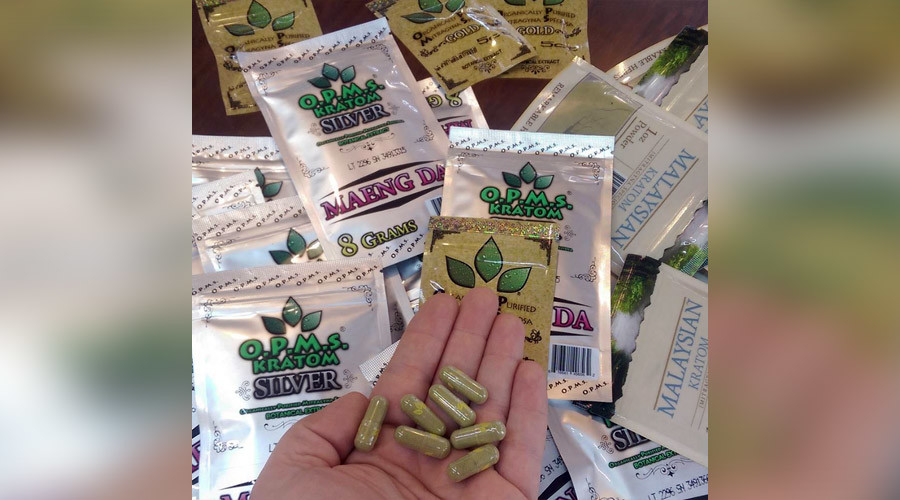Sin is progressive! Once you open a door to evil, even though it seems good, things will just get worse and worse. Canada's MAiD, Medical Assistance in Death policy is an example. Off to a cautious and almost reasonable start when first introduced by woke elites, it has taken steps every year to make it more accessible to more people. Now they want people to be able to decide well in advance of meeting the requirements.
In this case, a man's poor medical care left him in so much agony, he chose to end his life in order to end the pain.
Quadriplegic man’s MAID death from bedsore
results in public inquiry being ordered
Quebec’s chief coroner has ordered a public inquiry into the medically assisted death of a quadriplegic man after he developed a severe bedsore during a hospital stay.
The decision announced Tuesday comes after Quebec’s public security minister demanded an investigation into Normand Meunier’s death.
The 66-year-old man was admitted to a hospital in Saint-Jérôme, just north of Montreal, last January. He was being treated for a respiratory illness.
During his hospital stay, Meunier developed a major pressure sore on his buttocks. Moelle épinière et motricité Québec, a group that advocates for people with spinal cord injuries and improved mobility, said the sore exposed muscle around Meunier’s tailbone.
In late March, he received medical assistance in dying to put an end to his suffering.
“It was not his choice. He asked for medical assisted to death as a result of no choice and lack of care,” said Ariane Gauthier-Tremblay, a social worker with the advocacy group.
“We want to make it very clear.”
Meunier’s death sent shock waves through Quebec, with members of opposition parties describing Meunier’s death as a “true shame” for the province.
An internal investigation was launched by the local public health authority that oversees the hospital, but calls grew for a separate, independent probe. Health Minister Christian Dubé has also announced an investigation into Meunier’s death.
Meunier’s wife told Radio-Canada she had said to hospital staff that Meunier needed a special mattress to avoid bedsores, but that he spent four days on an emergency room stretcher without one.
Sylvie Brosseau spoke publicly about her husband’s death in May, saying she would continue to fight and that she didn’t want Meunier to have died “in vain.”
“There are other people who are very unwell in hospitals at the moment,” Brosseau said at the time, adding they must receive proper care.
Quebec Coroner Dave Kimpton will oversee the inquiry, which will include public hearings from interested parties.
The inquiry will look into the circumstances surrounding Meunier’s case and make recommendations as to prevent similar deaths. The dates have not yet been set.
The decision to hold a public inquiry comes as a relief for both Meunier’s family and Moelle épinière et motricité Québec. Gauthier-Tremblay hopes it will help prevent similar situations.
“We want physically disabled people to be confident when they go to the hospital and we want them to have specific care that respects their spinal cord injuries. We want them to be safe and healed when they go to the hospital,” Gauthier-Tremblay said.
The regional health authority in charge of the hospital confirmed its own investigation is ongoing and it will cooperate with the coroner’s inquiry.
— with files from Global’s Felicia Parrillo and The Canadian Press









